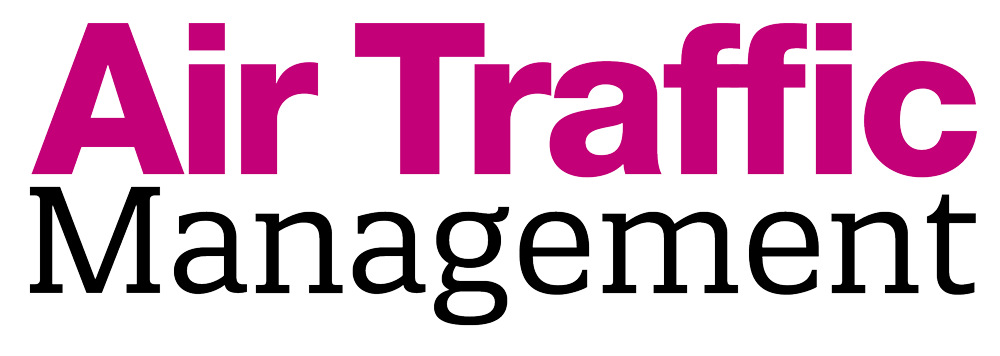The air transport industry has put in place a far-reaching plan to eliminate carbon emissions and achieve net zero by 2050. To support this environmental transformation in France, the French Civil Aviation Authority (DGAC) has launched the DECOR project, with funding from the France 2030 investment plan, to demonstrate eco-friendly flight operations.
Thales is leading the project, working in partnership with Airbus, Air France, Amelia, Atmosphere, CERFACS, CGX AERO, FRACS and ONERA, and sponsored by DSNA and supported by EUROCONTROL. The innovative DECOR project aims to develop and optimise new digital solutions by 2025 to reduce the environmental footprint of the air transport industry thanks to flight path optimisation and more efficient air traffic flow management.
Building on the Green Flag concept developed as part of the Provert study and on the results of the first two test flights conducted by the Octavie** project (supported by the Occitanie region), DECOR deploys the concept at scale by providing digital solutions that will enable air navigation service providers on the ground and pilots in the air to optimise flight paths and thereby reduce CO2 emissions and non-CO2- related effects. The project also benefits from Thales’s expertise in sustainable flight operations.
A range of simulation and decision-support solutions makes it easier for aircraft operators (dispatch and pilots), air navigation service providers (flow managers and controllers) to work together to implement lower-impact routes including the necessary network assessment. Tests are performed on several dozen regional and long-haul flights, paving the way for the avionics and air traffic management systems needed to reduce environmental impacts in the future.
“This latest illustration of Thales’s commitment to tackling climate change is a practical, large-scale demonstration of the French air transport industry’s efforts to reduce its environmental impact. The DECOR project is the next step towards achieving flight path optimisation and will help to reduce the CO2 impact of flight operations by 10% before the end of the decade.” Yannick Assouad, Executive Vice President Avionics, Thales.
